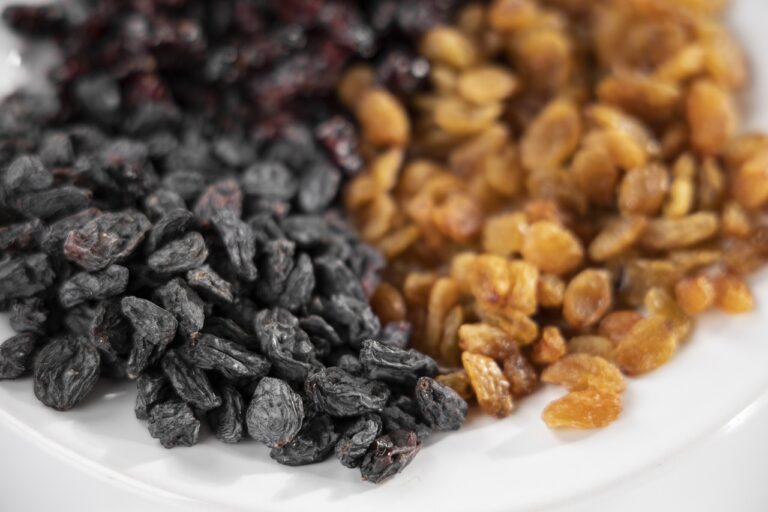The Impact of Sugar Substitutes on Health
While sugar substitutes are marketed as a healthier alternative to sugar, they come with potential health risks that consumers should be aware of. One common concern is that some sugar substitutes have been linked to negative impacts on gut health. Studies have shown that certain artificial sweeteners can alter the composition of gut bacteria, which play a crucial role in maintaining overall health.
Additionally, some research suggests that consuming sugar substitutes may lead to metabolic changes in the body, potentially increasing the risk of developing conditions like diabetes and obesity. For example, artificial sweeteners have been found to trick the body into expecting a sugary intake, which can disrupt the body’s natural ability to regulate blood sugar levels. These potential health risks associated with sugar substitutes highlight the importance of moderation and informed decision-making when it comes to choosing sweeteners for daily consumption.
Common Types of Sugar Substitutes
When looking for alternatives to sugar, there are several common types of sugar substitutes to consider. One popular option is stevia, derived from the leaves of the stevia plant and known for its intense sweetness. Another widely used sugar substitute is sucralose, which is commonly found in tabletop sweeteners and various processed foods. Sucralose is much sweeter than sugar and is often used in small amounts to achieve desired sweetness levels.
Another common sugar substitute is aspartame, which is a low-calorie sweetener commonly used in diet sodas and sugar-free products. Aspartame is about 200 times sweeter than sugar and is known for its ability to retain its sweetness even at high temperatures, making it suitable for baking. Additionally, erythritol is a sugar alcohol that is considered a natural sweetener and is commonly used in sugar-free gums and candies due to its low calorie content.
What are some common types of sugar substitutes?
Some common types of sugar substitutes include stevia, erythritol, xylitol, aspartame, saccharin, and sucralose.
What are the potential health risks associated with sugar substitutes?
Some potential health risks associated with sugar substitutes include gastrointestinal issues, headaches, allergic reactions, and long-term effects on metabolism and gut health.
Are sugar substitutes a good alternative for people looking to reduce their sugar intake?
Sugar substitutes can be a good alternative for people looking to reduce their sugar intake, but it is important to consume them in moderation and be aware of any potential side effects.
Are sugar substitutes safe for individuals with diabetes?
Sugar substitutes can be a safe option for individuals with diabetes as they do not significantly impact blood sugar levels. However, it is important for individuals with diabetes to consult with their healthcare provider before incorporating sugar substitutes into their diet.







